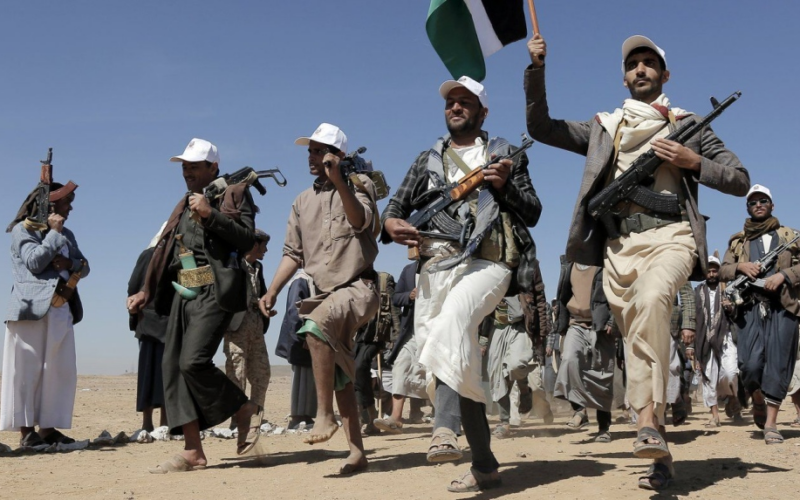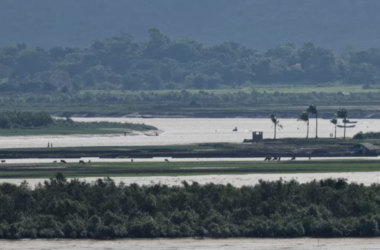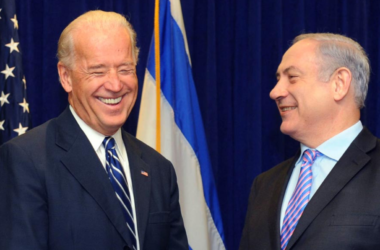In a troubling escalation, Yemen’s Houthi forces have stormed and seized control of the United Nations Human Rights Office in the capital city of Sanaa, confiscating documents, furniture, and vehicles, according to a senior UN official. This bold move marks the latest in a series of crackdowns by the Iranian-backed group on individuals and organizations working with the UN, aid agencies, and foreign embassies.
The seizure, which occurred on August 3, highlights the increasingly hostile environment for international organizations operating in Houthi-controlled regions of Yemen. UN Human Rights Chief Volker Turk condemned the takeover and demanded that the Houthis, officially known as Ansar Allah, vacate the premises and return all seized assets immediately. Despite these calls, the Houthis have remained silent, with their representatives failing to respond to requests for comment.
This development comes amid heightened tensions in the region, particularly in the Red Sea corridor, where the Houthis have been targeting shipping routes, exacerbated by the ongoing Israel-Hamas war in Gaza. The takeover of the UN office is part of a broader crackdown that has seen the Houthis detain over 60 people associated with the UN and other non-governmental organizations since June. Among those detained are several UN workers, some of whom have been held since as far back as November 2021.
The situation deteriorated further when the Houthis released what they claimed to be videotaped confessions from several detainees, accusing them of being part of an “American-Israeli spy network.” The UN has strongly denounced these forced confessions, particularly those involving its staff members, describing the detentions and subsequent propaganda as a severe violation of international law and human rights.
In response to these actions, the UN Human Rights Office has suspended its operations in Sanaa and other Houthi-controlled areas, although it continues to function in regions under the control of Yemen’s internationally recognized government. The international community has watched with growing concern as the Houthis continue to flout international norms and target those who work to uphold human rights in the war-torn country.
This seizure not only disrupts the essential work of the UN in Yemen but also underscores the broader implications of the Houthis’ actions on the already dire humanitarian situation in the region. As the conflict in Yemen drags on, the plight of civilians continues to worsen, with international organizations facing increasing obstacles in their efforts to provide much-needed aid and protection. The international community must act to ensure that the Houthis respect international laws and allow humanitarian workers to operate without fear of reprisal.








